Delicious and aromatic coffee, which is so often consumed by adults in the morning during breakfast, will sooner or later attract the attention of any child. It is possible that such an interest will arise early enough, and the baby will persistently demand that he pour instead of the usual juice or milk a deliciously smelling coffee. how old can a child be given coffee and will there be any harm from it?
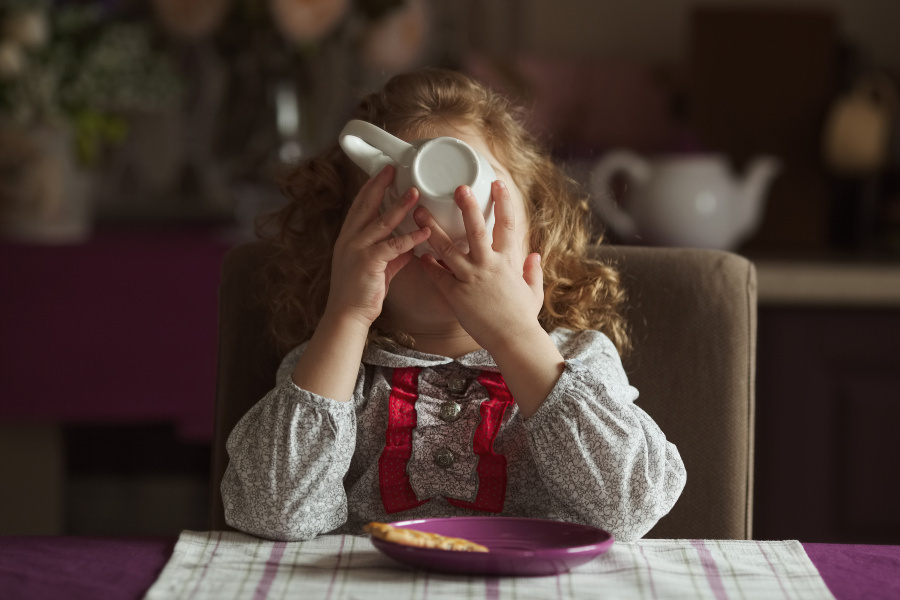
In most cases, parents allow the child to taste only a little coffee, which was previously diluted with milk or cream. However, parents often refrain from re-taking coffee as a child. This is due to the banal ignorance of the answer to the question of at what age and in what quantities you can start offering coffee and coffee-containing drinks?
What do we know about the benefits of coffee?
Coffee is a specific product that is actively in demand and popular all over the world. Its miraculous properties can increase motor and brain activity. It also saturates the body with a number of useful trace elements and vitamins A, B, D.
Coffee can be quite useful for a child, as it contains iodine, calcium, magnesium, which are actively involved in the development and growth of the baby. But does coffee give such a beneficial effect as for an adult?
Real grain and properly prepared coffee has the following beneficial properties:
- improves blood circulation;
- improves brain function;
- has an energy effect;
- speeds up the process of awakening;
- increases attention and concentration;
- facilitates memorization;
- reduces fatigue;
- physically stimulating;
- improves mood;
- allows the stomach and intestines to work better;
- protects the body from the harmful effects of the environment due to the high content of antioxidants;
- reduces the harmful effects of radiation;
- affects the area of the brain responsible for respiration. Thanks to this effect, coffee relieves asthma;
- improves mood and improves well-being.
But the abuse of coffee leads to the fact that all positive qualities lose their properties and the drink becomes more harmful than healthy. If you allow the child to abuse coffee in large quantities, catastrophic consequences may occur, manifested in insomnia and periodic tachycardia.
Children and coffee: how to give a drink and how many years to allow its use?
The optimal age to allow your child to drink coffee regularly is 14-16 years old - 1-2 cups of coffee per day. At this age, the body is strong enough and already formed to properly absorb caffeine without potential harm.
If the child demands to drink his coffee, then you can be allowed to drink no more than 1 cup per day, starting from the age of 10. In this case, the strength of the drink should be minimized. If possible, dilute coffee with milk (1 to 1), cream, condensed milk. Parents who basically do not want to give the baby coffee can use cocoa.
How to start giving coffee? If a child has expressed a desire to try a drink from your mug, then do not refuse him. Make sure there is enough sugar in the drink. Often, after the first test, children remain dissatisfied with the taste of the drink and simply refuse it, as the coffee turns out to be excessively bitter.
What kind of coffee to refuse?
- Do not start the test with instant coffee. It is not suitable for children. For adults, it also does not bear any benefit, since it is made on a synthetic basis and practically does not contain substances useful for the body. Compared with a drink made from grains, it lacks useful substances: acids and vitamins. Instant coffee is just a cheapened product, capable of just invigorating and driving drowsiness out for a short time. The composition is not enriched with vitamins. Powdered, granular varieties of coffee have a purely non-natural origin and contain absolutely no trace minerals and minerals.
- Decaffeinated coffee is also desirable. This type of “coffee” is capable of causing the most unpredictable reactions in the body, ranging from allergic reactions to the disruption of the digestive tract.
- Instant coffee in bags - is a low-quality caffeinated powder. In such a drink, dyes and preservatives with a low content of a tonic substance predominate. With regular use of such coffee, a child can begin various problems with the stomach and teeth.
Possible consequences after taking coffee
Even a weak drink can provoke a number of unpleasant consequences. The child can feel on itself:
- Nausea
- Frequent breathing;
- Headache;
- Vomiting
- Tremor in the body;
- Temperature changes.
All this can happen unexpectedly for parents. Therefore, it is necessary to prepare for the occurrence of such a situation and, if there is one of the above symptoms, consult a doctor immediately.
If symptoms occur, we can talk about individual intolerance to a coffee drink or a violation of the digestive tract.
It is not recommended to give coffee to children in the morning, especially on an empty stomach. Also, doctors do not recommend allowing a child to drink coffee after a hearty lunch or dinner.
A second morning snack is the perfect time for a coffee-based drink. Giving coffee late in the evening is not worth it, because the baby may suffer from insomnia or even bring down the usual sleep pattern.
The negative effect of caffeine on the children's body
The harm of caffeine for the child's body is quite high, it affects several systems at once.
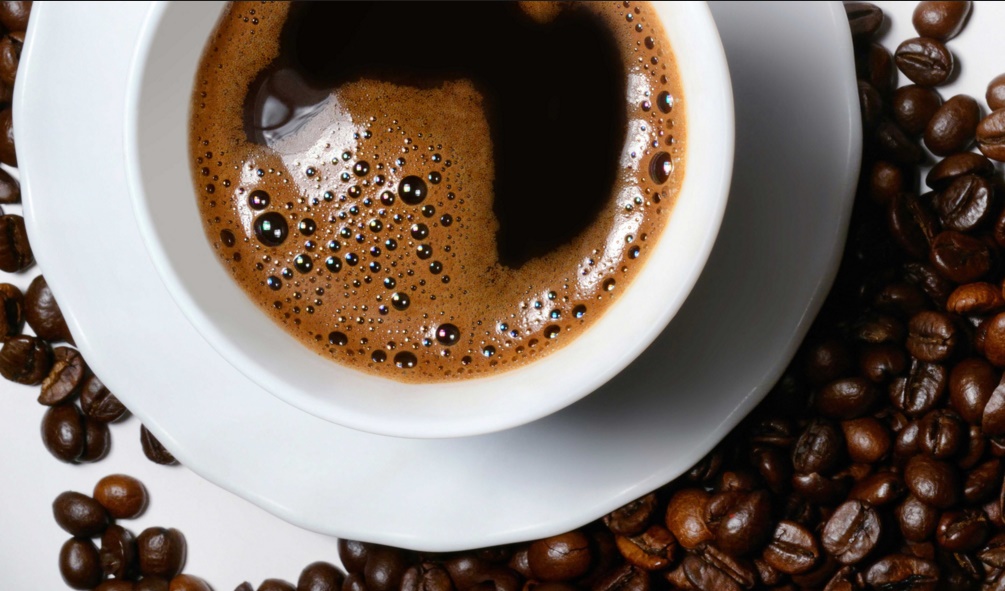
- First of all, coffee negatively affects the child’s nervous system. Due to the use of caffeine, children often experience increased activity, which is rapidly replaced by a breakdown. But very often, parents confuse the effects of caffeine with completely different symptoms. For example, a child may be hyperactive or distracted. If the condition of the child causes serious concerns, it is better to consult a doctor for examination. But first of all, you should do the baby’s diet. Not only coffee, but also the frequent use of carbonated drinks should be excluded from it, completely forbidden to drink energy drinks that teenagers like so much.
- Coffee is addictive. This is due to the fact that the drink actively stimulates the brain centers of pleasure.That is why in the case of frequent use of coffee, a person experiences a surge of strength, emotional recovery and vigor.Accustomed to coffee, children, excluding coffee from the diet, are able to feel an acute desire in a new dose of caffeine. Having not received one, they can become depressed and feel depressed, a depressed mood, a breakdown, irritability, and fatigue appear. Very often, teens try to replace the missing coffee with another and more dangerous addiction, such as smoking or drinking low-alcohol drinks.
- In children, as in adolescents, coffee is also addictive. After taking the drink, the child may feel vigor, increased mental and physical activity. The danger lies in the fact that after such a surge of strength, there comes a relaxation of the nervous system and the entire body of the child, which can lead to: hysteria, depression, tearfulness and moodiness, distraction, hysterical laughter. So, the child wastes the supply of vitality given for one day - for several hours. Coffee activates it and makes it work super energetically, which leads to a breakdown.
- Coffee is fraught with another unpleasant fact: the drink removes calcium, and as you know, calcium is very important for a growing body. This can lead to problems in bone formation and heart function deterioration.
- Coffee affects the heart, increasing the frequency of contractions, which in children is already higher than in adults. Because of this, drinking coffee at an early age can adversely affect the cardiovascular system.
- A child may suffer from hormone problems during puberty. The insidious drink contributes here too. During adulthood and the formation of the reproductive system, a teenager may receive physiological abnormalities in the form of memory impairment and increased nervous excitability.
- Coffee is also distinguished by its diuretic properties. It can also affect the health of the child, because along with urine, with frequent urination, minerals are washed out - zinc, calcium, phosphorus.
Contraindications
Drinking coffee and other coffee drinks is not recommended for:
- Peptic ulcer.
- Liver disease.
- High blood pressure.
- Kidney disease.
- Enurese.
- Vision problems.
- Tuberculosis.
- Insomnia.
Tips & Tricks
- It is best to prepare a drink from light or medium roasted beans or from ground coffee;
- It is not necessary to take heavily roasted coffee for the drink that you offer the teenager, since its beans have additional bitterness;
- It is not recommended to prepare a drink of green coffee for the child, since its effect on the nervous system is more pronounced;
- Serve brewed coffee with milk to reduce the negative effect on the stomach;
- Having offered the child coffee for the first time, carefully monitor the reaction of his body to a previously unfamiliar product. If a child develops nausea, trembling limbs, severe pallor, rapid breathing, headache or other negative symptoms, consult a pediatrician immediately. Such a reaction may indicate the presence of individual intolerance or latent diseases;
- Coffee is not the best option for a breakfast drink. Do not give it also after dinner. The best time for an invigorating drink is a morning snack;
- If a child under 14-16 years old is interested in coffee and constantly asks to try, offer him a drink from chicory or coffee from barley. These are harmless drinks with a taste similar to natural coffee, in which there is no caffeine;
- Even if you purchased decaffeinated coffee, this does not mean that it can be given to the child in unlimited quantities. It contains many other active components, which are also very undesirable for the child's body.
Caffeine Facts
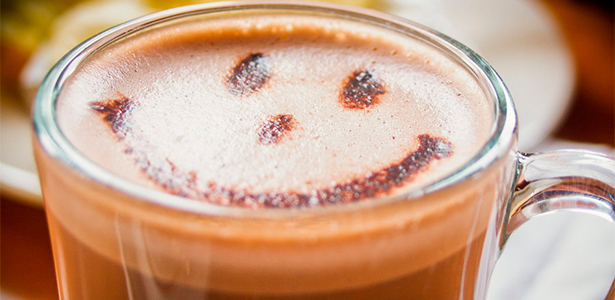
Before giving coffee to their children, it will be useful for parents to find out some interesting facts about its main component - caffeine:
- 100 ml of natural coffee without milk and sugar (approximate dosage of a regular children's cup) contains 60 mg of caffeine;
- caffeine begins to harm the child’s body in excess dosages, namely: if the child consumed more than 2.5 mg of caffeine per kilogram of body weight per day;
- based on simple calculations, a child weighing 20 kg, of course, can safely receive up to 50 mg of caffeine per day (this amount is contained in about 80 ml of coffee);
- however, caffeine is not excreted from the child’s body for a very long time, possessing the ability to accumulate in various organs: accordingly, if you drink 80 ml of coffee daily for a child, there will be more and more caffeine in his body every day, which will invariably lead to the most sad consequences for his health;
- in addition, parents should take into account another fact: the child can get the same 50 mg of caffeine from other products that he consumes almost every day - from 380 ml of Coca-Cola, 200 ml of black tea, 200 grams of milk chocolate (70 grams of dark )
From the forum
guestz:caffeine from the child’s body is not removed at all until some age; I wouldn’t give coffee, tea, or this poison Nesquik at all. These are all artificial stimulants for vivacity. Why are they for a child?
Espoir: Large doses of this substance adversely affect the nervous system of the child: at first they excite and cause insomnia, and then deplete the nerve cells, which makes the baby become lethargic, drowsy, and quickly tired. Caffeine makes breathing quicker, increases the load on the heart, making it beat in an increased rhythm, on the kidneys, increasing the excretion of urine, and stimulates the excessive secretion of gastric juice. It turns out that, accustoming the child to an “invigorating” drink, you yourself, without suspecting it, made the growing organism work for wear and tear! ”
[sc: rsa]
Mikl_Strelok: In no case should you give children instant coffee. A natural one, if they are not allergic to caffeine. As a child, I poured coffee along with all family members. Naturally, the dose of coffee only needs to be calculated in proportion to the weight. My offspring, for example, weighs 30 kg. So I give him half a serving of espresso in the morning and dilute it with milk.
Marina: I think it’s not worth it. Many children like coffee, therefore, in kindergartens, for example, they often give chicory. Of course, this is not coffee, but it is similar and useful at the same time. I buy chicory in powder and boil with milk - children drink with pleasure.
Julia: Yes, why should a child stuff this chemistry, it is better to give compote to it, there will be more benefit. For an adult, coffee is harmful, and then the baby! As far as I know, children cannot be allowed to drink coffee until they are eight years old! It's unhealthy. Better offer cocoa, it will be healthier.
Output
Of course, coffee is not poison for the body of the child. But it is better not to give it at an early age and not to overdo it during the formation of the body. The most appropriate solution is to treat the child's coffee after 15-16 years, when the psyche and nervous system are finally formed. It is worth making a choice whether to give the child coffee, based on his individual characteristics of the body. Sometimes, a small cup of a very weak drink can only slightly invigorate the child and improve his mood on a cloudy morning.
Caffeine is also found in chocolate, cocoa, tea, and its effect on a small organism remains the same. Therefore, pediatricians recommend not giving the child too much chocolate, and choose freshly squeezed juices, kefir, milk, yogurt from the drinks. They will be more beneficial for children's health.
We also read: Is Coca-Cola harmful to children
Coffee for children

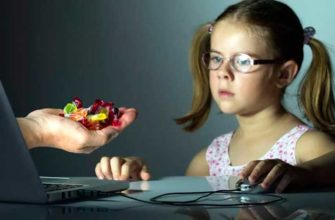
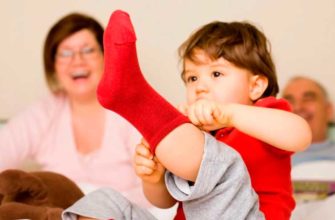


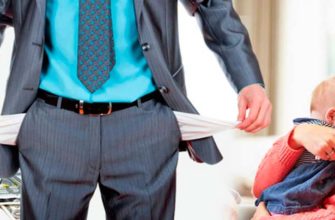

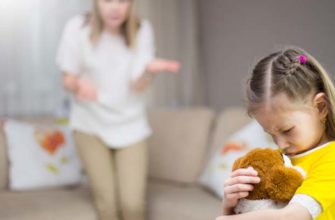
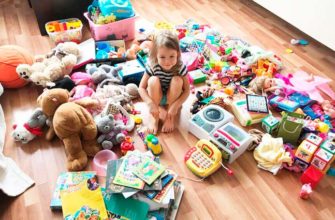
I didn’t even think about giving coffee to my children. Not only do we sit on it ourselves, but it’s too early to plant children on it. And then they will get used to it, and then without coffee in any way, and then heart problems, pressure, and all this at a young age. No, too early for them.
I read somewhere that before five years, children are not recommended to give coffee at all, but, in my opinion, five years is also not the age when you should drink it. However, coffee is a drink that needs to be grown, so I don’t think that children are addicted to it, my sons are five and seven, they don’t especially drink tea, and here coffee! He is bitter.
I am sure that the later the child tastes the coffee, the better for his health. Not sure about the beneficial properties of this drink, but the harm is obvious. Coffee is like a bank loan. Tasty, invigorating ... But interest has to be paid inevitably. If the child asks for coffee, well. Children want to try a lot of things, but we do not allow them all. I think coffee is just the case.
I think that children should not be given coffee. Although many mothers drink their children coffee. In my favorite coffee shop, I often notice children whose parents treat themselves to coffee. There is still caffeine. And he does not think that it is useful for children. But adolescents in small quantities can. Without fanaticism of course. In general, I myself am a coffee lover. And within normal limits, he gives a non-critical increase in energy. For me it is like a tasty drink.
I have been drinking coffee since childhood. As much as I remember, I drink so much. Cheerful, cheerful and healthy :)
My children also drink from elementary school. But natural, freshly ground, with lots of milk and not strong.
No more than one cup per day.
I don’t see any problems.